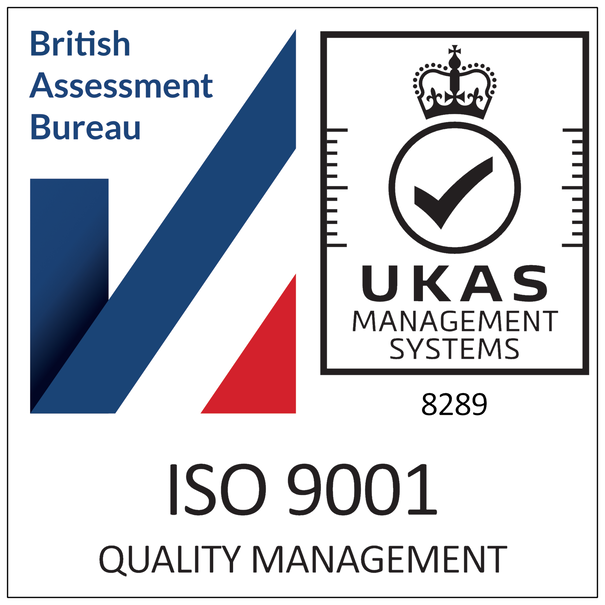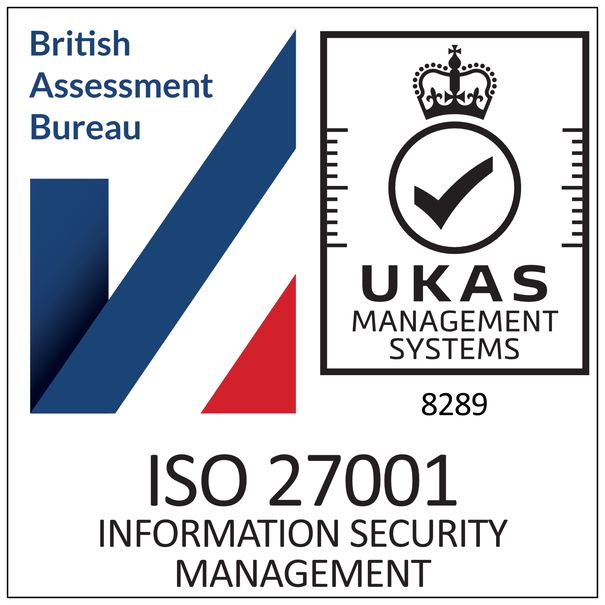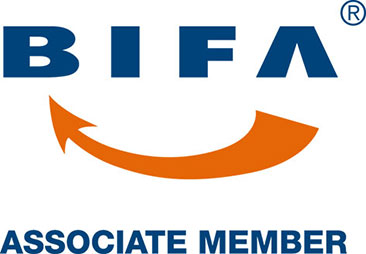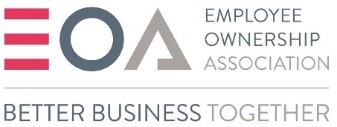
New research from Direct Line reveals that the average self-employed tradesperson is owed £6,000 in late payments.
The findings show that 81% of tradespeople are pursuing overdue invoices, with the average person chasing seven outstanding payments.
A significant portion, 22%, report that chasing late payments cuts into their work time, while nearly 10% have been forced to write off invoices exceeding £10,000. Half of the respondents have noticed an increase in customers disputing invoices, and 42% say they are now chasing more late payments compared to last year, highlighting the worsening issue.
Tradespeople struggling with multiple debts
Nearly three-quarters (73%) of tradespeople are dealing with multiple overdue invoices, averaging seven per person. Among those owed money, 32% are pursuing debts of £2,500 or more, while 9% are chasing amounts exceeding £25,000. Alarmingly, 15% are chasing ten or more outstanding payments.
This financial pressure is causing significant emotional strain, with 32% of tradespeople reporting anxiety and 22% feeling stressed or frustrated. Additionally, 22% worry that the time spent chasing payments impacts their ability to work, 20% struggle to cover personal expenses, and 18% find it difficult to manage their business. Another 13% are concerned about the cost of legal advice if clients fail to pay on time.
Legal action and financial losses
Over 84% of tradespeople have taken legal action through small claims courts, though only 48% have succeeded in recovering payments—an increase from 34% the previous year. The largest unpaid invoice tradespeople have stopped chasing averages £4,390, with 22% losing payments worth over £2,500. Nearly 10% have had to write off amounts greater than £10,000, with some losing £25,000 or more, severely impacting their finances and business operations.
Strategies to mitigate late payments
To combat the issue, 36% of tradespeople now request partial payment upfront, with the balance due upon completion. Additionally, 21% send invoices in advance and follow up near the due date, and 19% impose late payment fees or offer discounts for prompt payments.
Alison Traboulsi, Product Manager at Direct Line, emphasised the impact of late payments on small businesses, noting that they can cause cash flow issues, stress, and legal challenges. She cited research from the Office of the Small Business Commissioner, which estimates late payments cost small businesses £2.5 billion annually.
A self-employed tradesman or small business owner’s livelihood can depend on customers paying their invoices on time, so having a robost credit management process in place is important. At Controlaccount, we have been successfully assisting small and mid-sized businesses, collecting commercial and consumer debt on their behalf for over forty years, and we are recognised by our clients for our provision of compliant, ethical debt recovery services on a no-collect, no-fee basis. Speak to our team today to see how we can help.












